Do we have a British Covid Stasi?
 During the Coronavirus crisis there have been a number of allegations that people in Britain are ‘behaving like the Stasi’ or that we have a ‘Covid Stasi’, but how do these claims stack up against the reality of Germany’s past, and how does it relate to Britain today?
During the Coronavirus crisis there have been a number of allegations that people in Britain are ‘behaving like the Stasi’ or that we have a ‘Covid Stasi’, but how do these claims stack up against the reality of Germany’s past, and how does it relate to Britain today?
The Stasi was the official state security organisation for the German Democratic Republic (GDR), or East Germany. The full name was Staatssicherheitsdienst, and is acknowledged to have been both pervasive and effective. Its main task was to perform surveillance on the citizens of the country in order to quell dissent, although it operated in foreign countries through espionage and covert operations.



 Hamsters have been emptying shop shelves across Germany and now seem set to cross borders as other countries take up the telling term Hamsterkauf. Wise advice to stock up on essentials before being confined to home by an anti-coronavirus
Hamsters have been emptying shop shelves across Germany and now seem set to cross borders as other countries take up the telling term Hamsterkauf. Wise advice to stock up on essentials before being confined to home by an anti-coronavirus 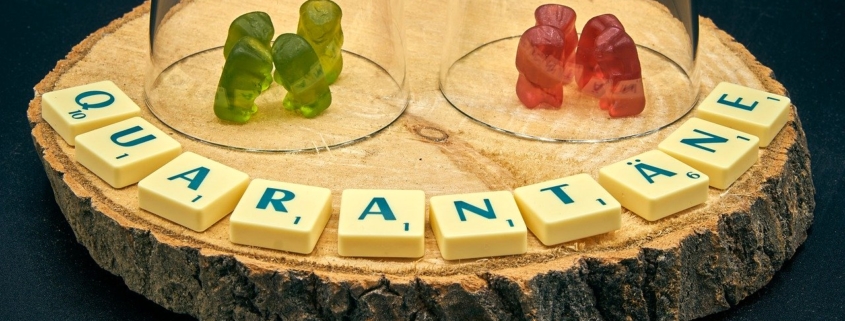
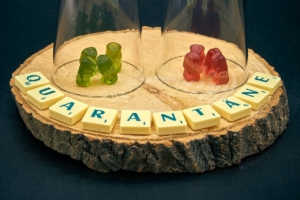 We are pleased to report that HE Translations continues to operate as normal at this challenging and surreal time. After all, we have been practising home working for 25 years, as illustrated in a
We are pleased to report that HE Translations continues to operate as normal at this challenging and surreal time. After all, we have been practising home working for 25 years, as illustrated in a 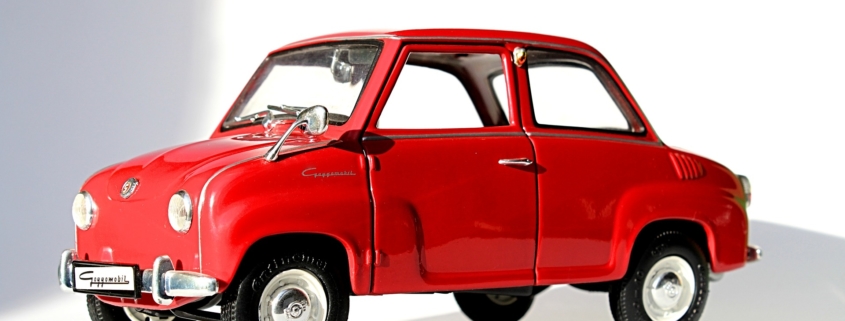
 Déjà Vu is an advanced Computer-Assisted Translation (CAT) program, which was introduced in 1993 and became know as the Ferrari among CAT tools. It was developed by the ingenious Emilio Benito of
Déjà Vu is an advanced Computer-Assisted Translation (CAT) program, which was introduced in 1993 and became know as the Ferrari among CAT tools. It was developed by the ingenious Emilio Benito of 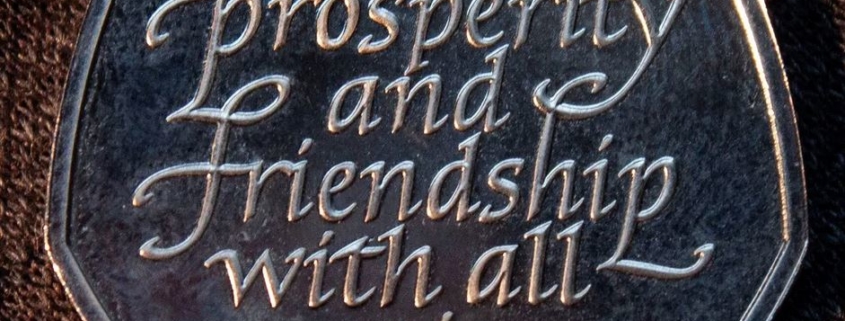
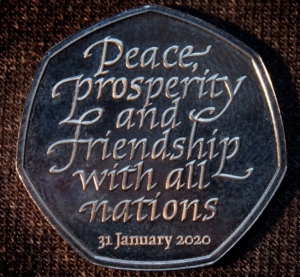 A passionate debate has erupted over the grammar of the wording on the new 50 pence ‘Brexit coin’ due for release by the Royal Mint on Friday, January 31 2020. It was prompted by
A passionate debate has erupted over the grammar of the wording on the new 50 pence ‘Brexit coin’ due for release by the Royal Mint on Friday, January 31 2020. It was prompted by 
 It’s easy you say, but a simple request that sounds like a snap can turn into a translation trap. Web pages are where we read these days, so why not start the job there and just translate what you see on the website? Well, web pages are actually made up of not just the words and images you see on the surface, but also technical code you don’t see, and styling you do, so you may regret your words when you find yourself swimming in a simmering sea of alphabet soup. And what if the result can’t be served up in a way that can be readily consumed? So before just jumping in and translating web pages, let’s look at what really is on a web page and how the text there might, or might not, mesh with the
It’s easy you say, but a simple request that sounds like a snap can turn into a translation trap. Web pages are where we read these days, so why not start the job there and just translate what you see on the website? Well, web pages are actually made up of not just the words and images you see on the surface, but also technical code you don’t see, and styling you do, so you may regret your words when you find yourself swimming in a simmering sea of alphabet soup. And what if the result can’t be served up in a way that can be readily consumed? So before just jumping in and translating web pages, let’s look at what really is on a web page and how the text there might, or might not, mesh with the 


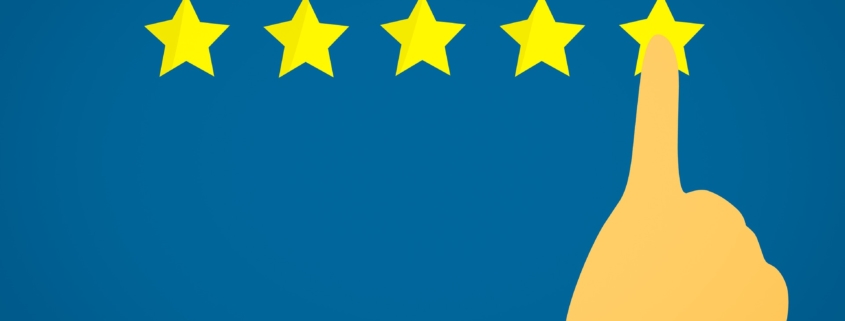
 When you need a translation of a technical text or manual, what you really are looking for is a specialist expert in this field to do the job right. A serious translation ensures the accurate and usable rendering of descriptions and instructions into the target language, preventing time-consuming and expensive misunderstandings which could arise later. To achieve this an effective translator needs to understand not just the words on the page, but the technical processes and functioning of a technology or product.
When you need a translation of a technical text or manual, what you really are looking for is a specialist expert in this field to do the job right. A serious translation ensures the accurate and usable rendering of descriptions and instructions into the target language, preventing time-consuming and expensive misunderstandings which could arise later. To achieve this an effective translator needs to understand not just the words on the page, but the technical processes and functioning of a technology or product.

